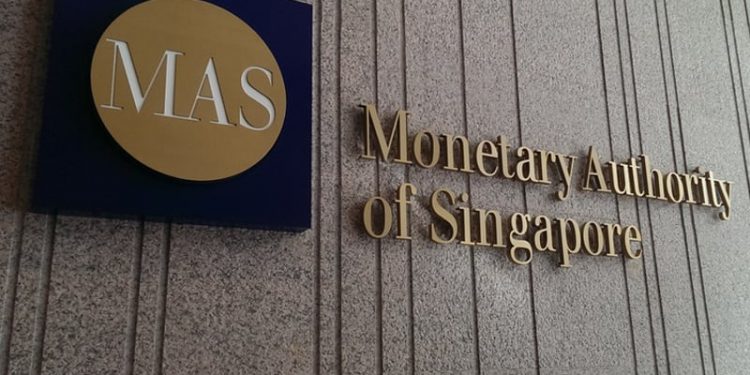Sustainable Finance Jobs Transformation Map
The Monetary Authority of Singapore (MAS) and the Institute of Banking and Finance jointly releases the Sustainable Finance Jobs Transformation Map to analyze the impact of sustainable development trends on different jobs in the finance industry and identify the emerging skills financial practitioners needed to meet global sustainable financing needs.
As the low-carbon economy continues to develop, the financial industry needs to play a greater role in sustainable financing and investment, so more talents who understand sustainable finance are needed. Singapore plans to become a sustainable human capital center in the Asia-Pacific region. The sustainable finance work transformation map can help financial practitioners to improve their competitiveness and prepare themselves for future challenges.
Related Post: Singapore Economic Development Board Launches Sustainable Development Measures
Sustainable Finance Development in Singapore
The amount of sustainable financing in the ASEAN region will reach S$4 trillion to S$5 trillion in the next ten years, with a compound annual growth rate (CAGR) of 9%. These sustainable financings mainly come from the energy industry and the construction industry. In the Finance for Net Zero Action Plan releases last year, the Monetary Authority of Singapore (MAS) believes that Singapore has the opportunity to become a sustainable financial center in the Asia-Pacific region, and the financial industry needs to improve sustainable skills.
According to the document, 56% of financial practitioners will face more sustainable finance jobs, including risk, compliance, sales, product, relationship management and other different occupations. At the same time, Singapore will add 400 to 500 new sustainable finance jobs every year, covering banking, insurance and asset management industries. The Sustainable Finance Jobs Transformation Map has identified 20 priority positions that require better sustainable finance training in order to play an essential role in their work.

Future Sustainable Skills that Finance Professionals Need
Taking into account the development potential of sustainable finance in Singapore, the sustainable skills that financial practitioners are most likely to need to master include:
- Sustainability Risk Management: Financial practitioners need to incorporate sustainable risks into the risk management framework and consider them when developing sustainable financial products.
- Taxonomy Application: Financial practitioners need to understand the sustainable financial activities stipulated in the taxonomy and apply the taxonomy in green financing activities.
- Climate Change Management: Financial practitioners need to identify climate risks and reduce the financial impacts of climate risks, and develop financial products that support climate change mitigation and climate change adaptation.
- Impact Indicators, Measurement and Reporting: Financial practitioners need to understand how to effectively and accurately measure the sustainable results of financial products and complete reporting in accordance with regulatory requirements.
Recommendations from Sustainable Finance Jobs Transformation Map
In order to promote the development of sustainable finance, financial institutions, government agencies, industry associations, training institutions, etc. need to accelerate the improvement of workforce skills. For example:
- Government agencies and industry associations need to establish sustainable finance certification standards so that financial practitioners can obtain targeted training and have the qualifications needed to carry out sustainable finance activities.
- Training institutions need to develop practical training contents to improve practitioners’ understanding of sustainable risk management and sustainable financial products and fill the gaps in current training.
- Financial institutions need to develop long-term career paths for sustainable finance jobs that enable practitioners to take on additional working responsibilities in these areas.
- Industry associations need to create an organization of different stakeholders to exchange sustainable finance experiences and knowledge. Members of these organizations include financial institutions, academic institutions, enterprises, sustainability service providers, data suppliers, etc.. Stakeholders can obtain sustainable tools and resources through partnerships and support long-term sustainable development.
Reference:
Jobs Transformation Map – Sustainable Finance
ESG Advertisements Contact:todayesg@gmail.com








